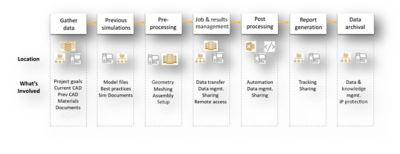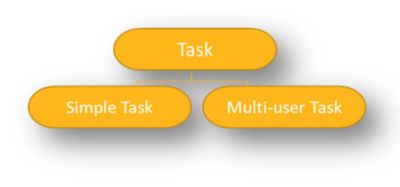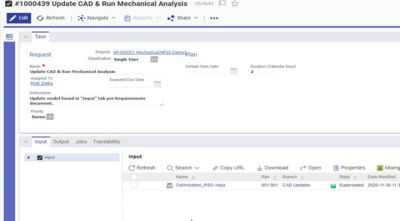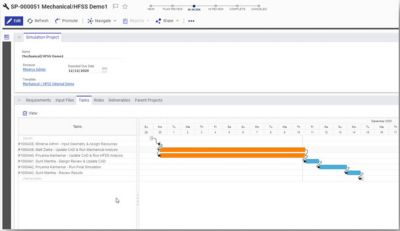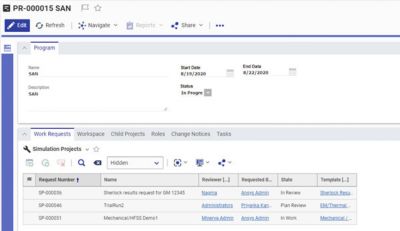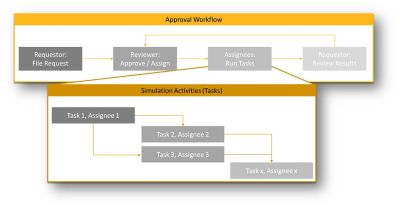-
United States -
United Kingdom -
India -
France -
Deutschland -
Italia -
日本 -
대한민국 -
中国 -
台灣
-
Ansys s'engage à préparer les étudiants d'aujourd'hui à la réussite, en leur fournissant gratuitement un logiciel de simulation.
-
Ansys s'engage à préparer les étudiants d'aujourd'hui à la réussite, en leur fournissant gratuitement un logiciel de simulation.
-
Ansys s'engage à préparer les étudiants d'aujourd'hui à la réussite, en leur fournissant gratuitement un logiciel de simulation.
-
Contactez-nous -
Carrières -
Étudiants et universitaires -
-
S'inscrire -
Déconnexion -
Espace client -
Support -
Communautés partenaires -
Contacter le service commercial
Pour les États-Unis et le Canada
+1 844.462.6797
-
ANSYS BLOG
July 16, 2021
How to Meet the Top 5 SPDM Challenges
A typical day in the life of a simulation engineer involves data gathering data, referencing historical data, pre-processing the models, solving the simulation problem either locally or via high-performance computing (HPC), post-processing the results, generating reports and archiving data. The process and the level of interaction quickly get complex as more tools, physics and multiple teams are involved.
What are the Top 5 SPDM Challenges?
The biggest challenges faced by organizations trying to manage the simulation process are:
1. State-of-the-art simulation workflows require collaboration, but sharing of simulation data while preserving traceability remains a challenge. Updated or new data notifications often rely on manual triggers. Reviewing data to ensure quality is often only informally performed, exacerbating the issue.
2. Organizing and monitoring of simulation activities are often done using inappropriate tools, such as spreadsheets. These tools make it difficult to capture valuable information, including task assignments to users or user groups, task completion times, and input-output relationships of data sets that were used and/or produced in a simulation task.
3. Lack of visibility into the history of completed projects and the status of current projects. It’s often difficult for organizations to even find the champion of a given project task.
4. Lack of interconnectivity, which leads to wasing time searching for task assignees and prevents synchronization with multiple systems and teams.
5. Lack of context because there is no traceability to design requirements, which leads to wasting time reverse engineering and recreating past work.
To address the above challenges, an enterprise solution capable of managing the simulation process needs to connect teams and manage data transfers effectively by providing notification capabilities, as well as business and technical simulation workflows to enable collaboration. Ansys Minerva, powered by Aras, is a simulation process and data management (SPDM) tool that enables organizations to plan and monitor a team’s activities and projects. It enables better collaboration between teams and team members and maintains traceability between different artifacts involved in the simulation process.
Simulation Process Capabilities Defined
The capabilities of Ansys Minerva include the ability to create tasks, simulation projects and simulation programs. Because Ansys Minerva is available for both on-premise and cloud deployment, it connects team members regardless of geography and functional silos.
Tasks
A task defines a single simulation activity. It collects all relevant information of a simulation activity, such as assignee, status, input data, produced output data, completion time, etc.
Simulation Projects/Work Requests
A work request assembles multiple tasks that could potentially be assigned to different users. It notifies an assignee of a subsequent task to complete another task and provides a framework to make output data available as input information for another task. It provides requirement tracking, multi-user and/or multiphysics project tracking, roles, workflows and lifecycle management.
Simulation Programs
A simulation program allows users to link multiple projects, as well as tasks from multiple projects.
The diagram below describes how the different capabilities in Ansys Minerva are linked.
Using Ansys Minerva to manage the simulation process can help organizations document execution of simulation activities and create a framework for collecting all relevant information of simulation activities. This allows organizations to easily track simulation files used in such activities and other information such as assignee, used tools, etc. Organizations can use the data to quickly produce audit trails and prove adherence to governance and regulations.
Using Ansys Minerva also improves visibility of progress and project status by having all relevant information available in one place. It is easy to keep track of individual simulation activities or collaborative workflows. This enables companies to identify bottlenecks and take corrective actions without losing track of the history of information.
Check out the free, on-demand webinar, Process Management for Multi-user Workflows with Ansys Minerva, powered by Aras, for demonstrations that show how Ansys Minerva can help you manage your simulation process.











